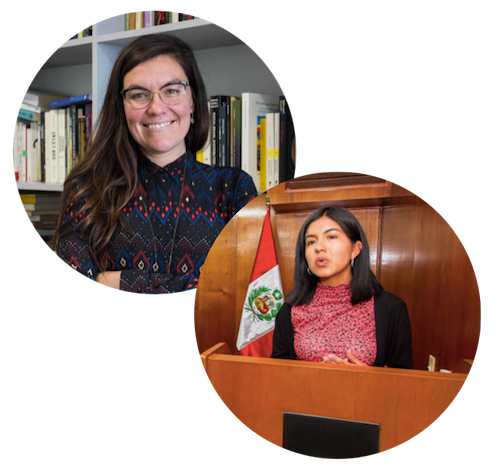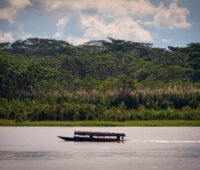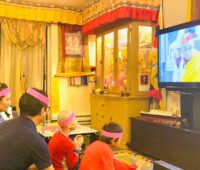In poor urban neighborhoods in Nairobi, Kenya, Covid-19 related restrictions have resulted in tremendous economic setbacks for residents. Through their SSRC-funded research, Anders Ese, Kristin Ese, Joseph Mukeku, Benjamin Sidori, and Romola Sanyal interviewed women traders to make connections between Covid-related setbacks, the practices of containment, and assistance provided by authorities. While the women they spoke to recognize that they often suffer unjustly at the hands of local officials, they also show notable support for both the restrictions and the powers that enforce them, helping cement long-standing and inequitable practices.































